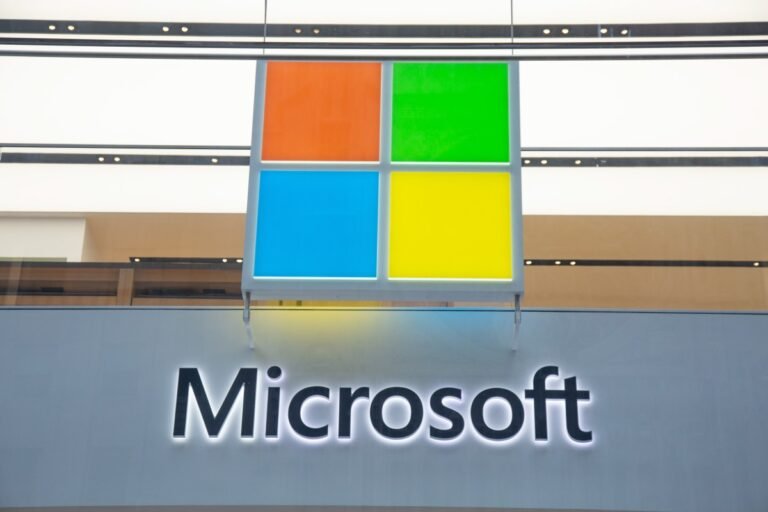
Only a few years ago, one of the hottest topics in enterprise software was ‘robotic process automation’ (RPA).
The rise of generative AI, however, may just be the missing key to building these kinds of systems.
“Last year, generative AI happened and I realized that it unlocks some software scenarios that were impossible before,” Surpatanu said.
You have to combine it with more traditional software if you want to squeeze the best out of it,” he said.
Generative AI, Surpatanu argues, can bring a degree of adaptability to context and an understanding of the user’s intent to these systems that wasn’t really possible before and something that RPA often struggles with.

Nanonets, which primarily targets the financial services sector, says its AI platform aims to improve the efficiency of these processes and make them cost-effective.
The company’s AI platform uses machine learning architectures to analyze unstructured data from uploaded documents and extract useful information.
Nanonets is not alone in the global market for AI-based workflow automation.
Consistent revenue growth is one reason investors have been investing in AI startups despite the slowdown in global markets.
AI startups in the U.S. receive the most investments, followed by companies in China, U.K., Israel and India.

Hackers breached Microsoft to find out what Microsoft knows about themOn Friday, Microsoft disclosed that the hacking group it calls Midnight Blizzard, also known as APT29 — and widely believed to be sponsored by the Russian government — hacked some corporate email accounts, including those of the company’s “senior leadership team and employees in our cybersecurity, legal, and other functions.”Curiously, the hackers didn’t go after customer data or the traditional corporate information they may have normally gone after.
They wanted to know more about themselves, or more specifically, they wanted to know what Microsoft knows about them, according to the company.
“The investigation indicates they were initially targeting email accounts for information related to Midnight Blizzard itself,” the company wrote in a blog post and SEC disclosure.
According to Microsoft, the hackers used a “password spray attack” — essentially brute forcing — against a legacy account, then used that account’s permissions to “to access a very small percentage of Microsoft corporate email accounts.”Microsoft did not disclose how many email accounts were breached, nor exactly what information the hackers accessed or stole.
Microsoft took advantage of news of this hack to talk about how they are going to move forward to make itself more secure.

Accord is a collaboration platform designed to support business-to-business (B2B) sales. With its new funding, the startup plans to fuel its engineering, sales and marketing teams in order to gain…







